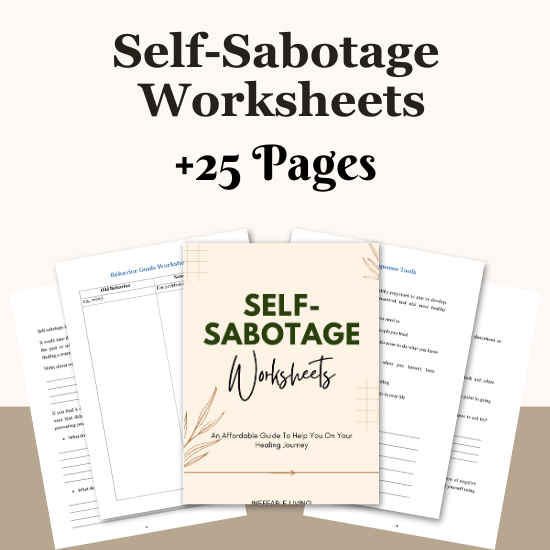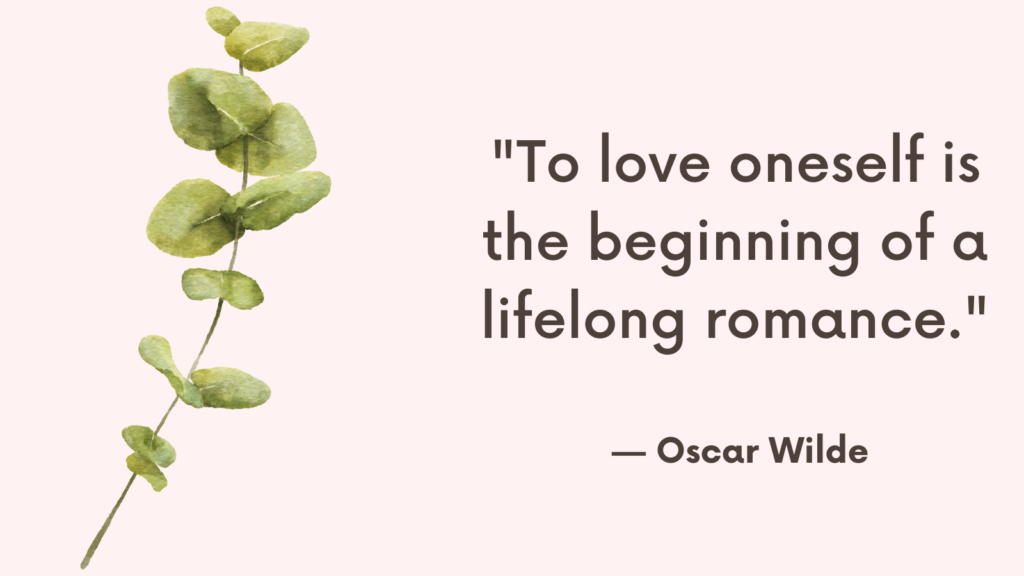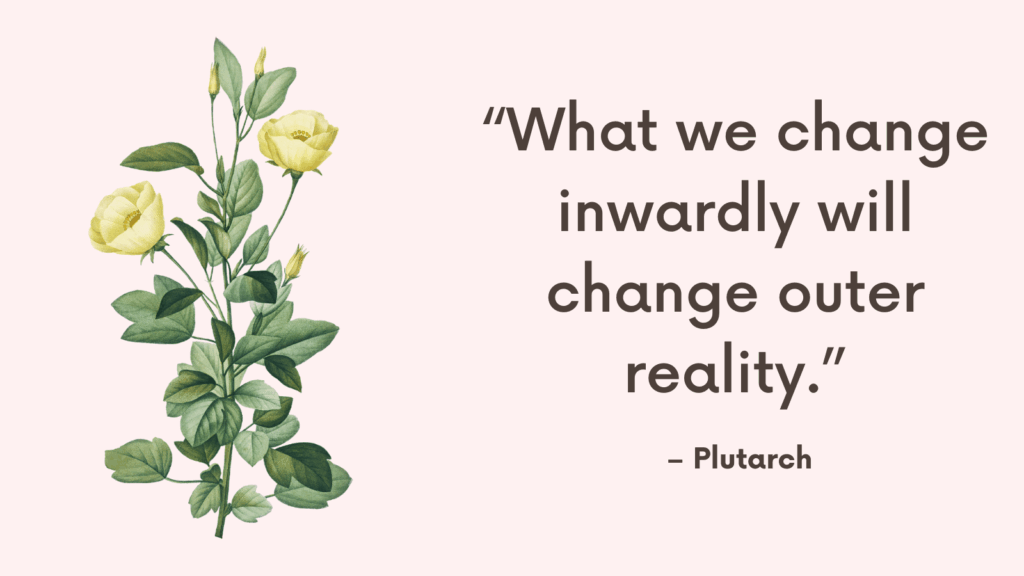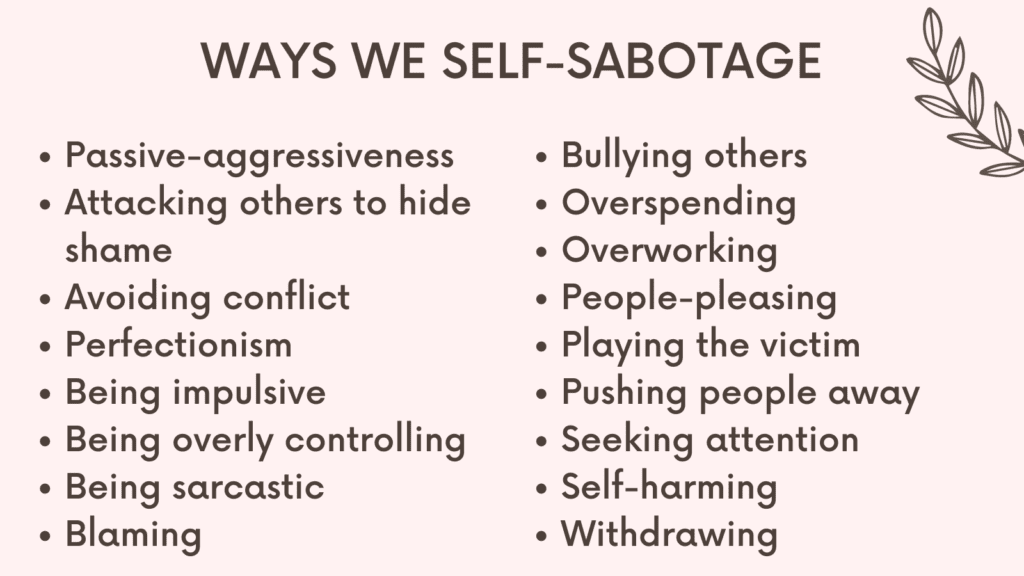When discussing toxic relationships, the focus often lies on identifying and dealing with toxic behaviors in others.
However, a critical aspect often overlooked is recognizing and addressing toxic behavior within ourselves.
This self-awareness is essential for fostering healthier relationships and personal growth.
This guide explores how to identify toxic behaviors in oneself and practical steps to change these patterns.
Identifying Toxic Behavior in Yourself
Self-awareness is the first step towards change.
If you suspect that your actions might be contributing to toxicity in your relationships, it’s essential to reflect on your behavior.
Here are some common toxic behaviors that can damage relationships:
1. Chronic Anger: Frequent outbursts, moodiness, and an inability to control anger.
2. Sarcasm and Disparaging Humor: Using sarcasm or humor to belittle or insult others.
3. Punitive Mindset: Believing that people deserve bad things that happen to them.
4. Control Issues: Needing to control others and their actions.
5. Excessive Insecurity: Constantly seeking reassurance and displaying extreme insecurity.
6. Judgmental Attitude: Being overly opinionated and judgmental towards others.
7. Manipulation: Using guilt or other tactics to manipulate others.
8. Self-Centeredness: Predominantly focusing on your own needs and taking more than giving.
9. Defensive and Offensive Stance: Protecting yourself by hurting others first, often adopting an aggressive stance in interactions.
Recognizing these behaviors in yourself is not an admission of failure but a courageous step towards personal growth and healthier relationships.
Related: How To Break Generational Trauma? 5 Steps To Release Trauma & End Self-Sabotage
How to Address Toxic Behavior in Yourself?
Beyond therapy, there are practical steps you can take to address toxic behaviors and foster healthier relationships:
1. Practice Mindfulness
Mindfulness helps increase self-awareness and control over your emotions.
Techniques such as meditation, deep-breathing exercises, and mindful reflection can help you become more aware of your behaviors and their impact.
2. Seek Feedback
Honest feedback from trusted friends or family members can provide valuable insights into your behavior.
Be open to their observations and willing to reflect on and act upon their suggestions.
3. Set Boundaries
Learning to set and respect boundaries is crucial for healthy relationships.
This involves recognizing your limits and communicating them clearly to others while also respecting their boundaries.
4. Develop Empathy
Work on understanding others’ perspectives and feelings.
Practicing empathy can reduce self-centeredness and improve your interactions with others.
Related: Best 7 Self Sabotage Books
5. Manage Stress and Emotions
Toxic behaviors often stem from unmanaged stress and intense emotions.
Develop healthy coping mechanisms, such as regular exercise, hobbies, or relaxation techniques, to manage stress and maintain emotional balance.
6. Replace Negative Behaviors
Identify specific toxic behaviors and consciously work on replacing them with positive ones.
For example, if you tend to use sarcasm, practice direct and respectful communication instead.
7. Journaling
Keeping a journal can help you track your behaviors, thoughts, and progress.
Reflecting on your actions and their impact on your relationships can provide valuable insights and reinforce positive changes.
Related: How to Break the Cycle of Trauma Reenactment?

Conclusion
Recognizing and addressing toxic behavior in oneself is a challenging but essential step towards healthier relationships and personal well-being.
By becoming aware of your behaviors, seeking professional help, and taking practical steps towards change, you can break free from harmful patterns and build more positive, fulfilling relationships.
Personal growth is an ongoing journey, but with commitment and effort, it is possible to transform your interactions and achieve a healthier, more balanced life.



